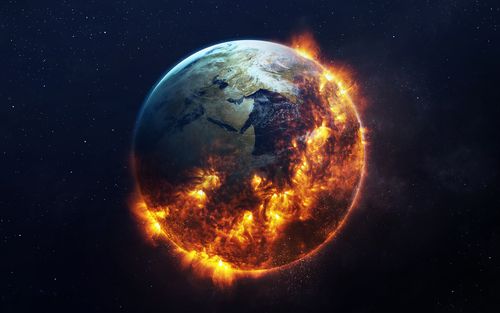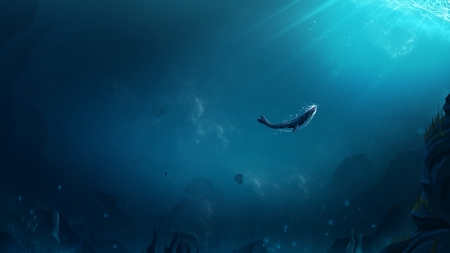Introduction
Anthropocene is a proposed geological epoch dating from the commencement of significant human impact on Earth’s geology and ecosystems. It defines Earth’s most recent geologic time period as being human-influenced, or anthropogenic, based on overwhelming global evidence that atmospheric, geologic, hydrologic, biospheric and other earth system processes are now altered by humans.
Origin of the word
The word combines the root “anthropo”, meaning “human” with the root “-cene”, the standard suffix for “epoch” in geologic time.
The Anthropocene is distinguished as a new period either after or within the Holocene, the current epoch, which began approximately 10,000 years ago (about 8000 BC) with the end of the last glacial period.
Anthropocene is a new term, proposed in 2000 by Nobel Prize winning scientist Paul Crutzen.
- “anthropo“ means “human“
- “cene“, is the standard suffix for “epoch” in geologic time.
Though, as yet, there is no official start date, Paul Crutzen favours the beginning of the Industrial Revolution as the starting point for the Anthropocene.
Impact of Human actions on earth’s eco-system
Human actions pushed extinction rates of animals and plants far above the long-term average. The Earth is on course to see 75% of species become extinct in the next few centuries if current trends continue.
- Increased levels of climate-warming CO2 in the atmosphere at the fastest rate for 66 million years, with fossil-fuel burning is pushing levels from 280 parts per million (ppm) before the industrial revolution to 400 ppm and rising today.
- We have put so much plastic in our waterways and oceans that microplastic particles are now virtually ubiquitous, and plastics will likely leave identifiable fossil records for future generations to discover.
- The nitrogen and phosphorous has doubled in our soils in the past century with fertilizer use likely to be the largest impact on the nitrogen cycle in 2.5 billion years.
- A permanent layer has been left of airborne particulates in sediment and glacial ice such as black carbon from fossil fuel burning.
“Earth was created for all. Not just human life.”
– A.D. Williams –

“We seem indifferent to the mass extinction we’re causing,
yet we lose a part of ourselves when another animal dies out.”
– National Geographic –

Reference Links:
https://www.theguardian.com/environment/2016/aug/29/declare-anthropocene-epoch-experts-urge-geological-congress-human-impact-earth
https://en.wikipedia.org/wiki/Anthropocene
http://www.anthropocene.info/
Image Courtesy:
https://www.businessinsider.com/what-can-kill-planet-earth-2016-3




